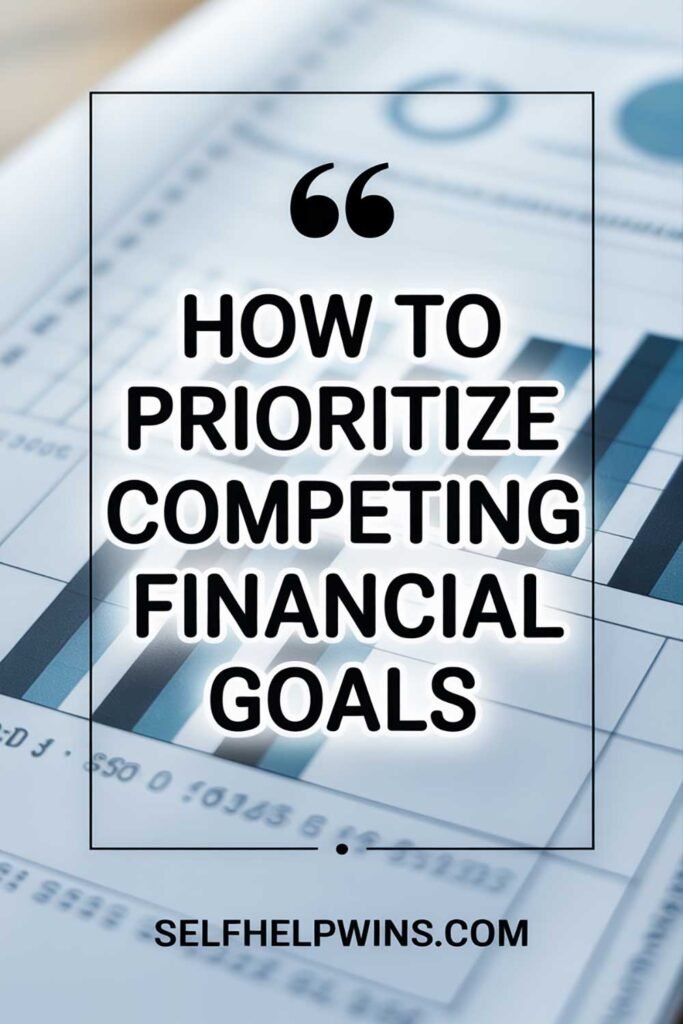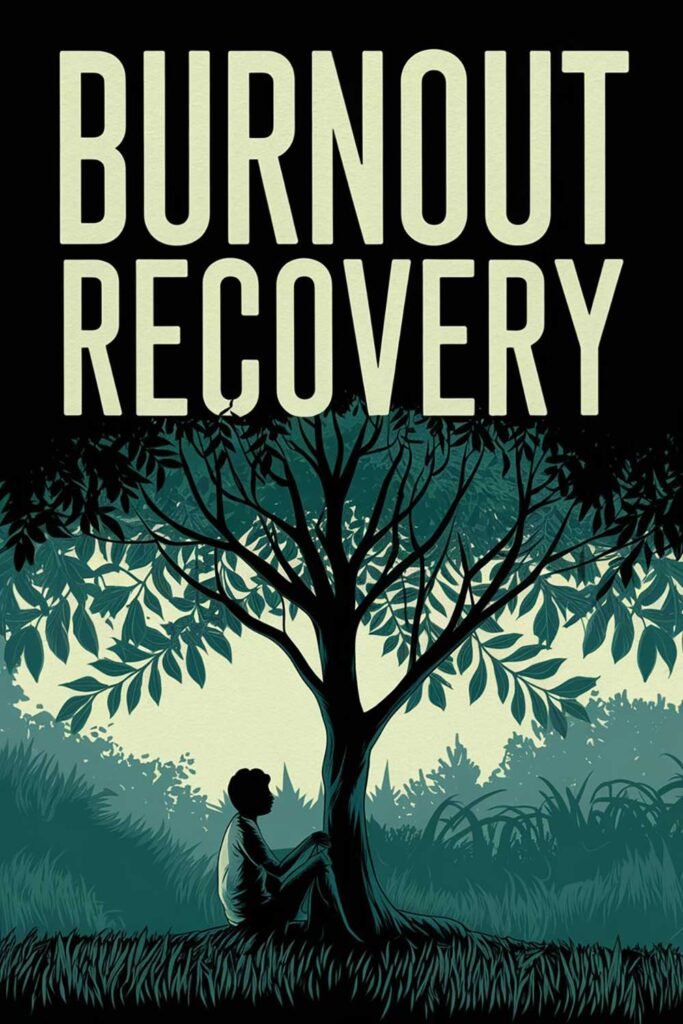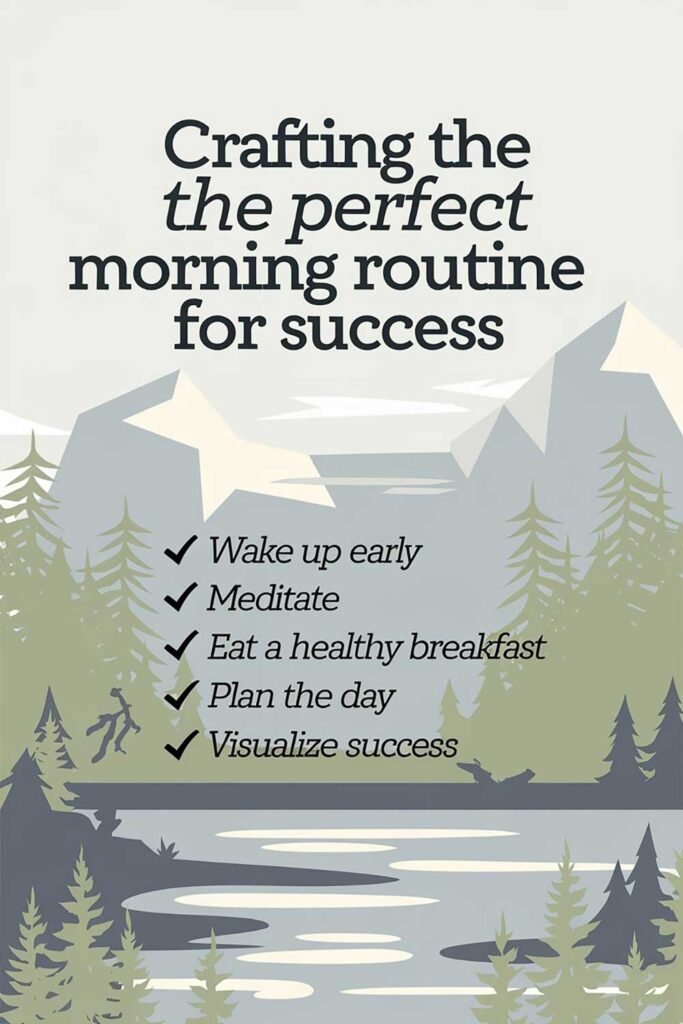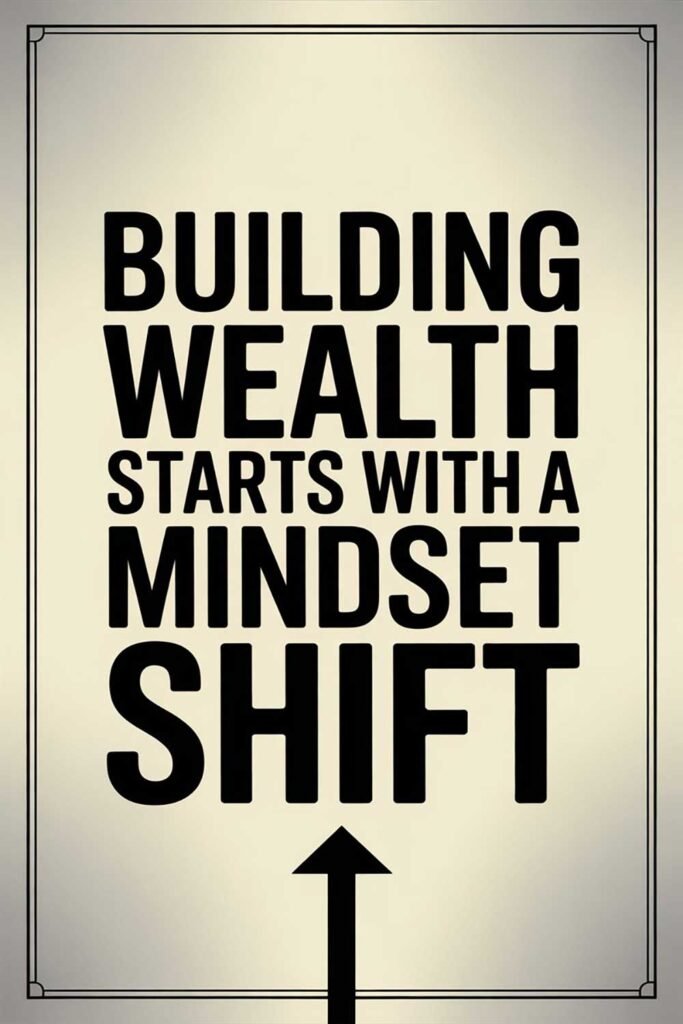How to Avoid Lifestyle Inflation as You Make More
Getting a raise, earning a bonus, or finally building a profitable side hustle feels amazing. But if you’re not careful, more money can lead to more spending, not more wealth. This trap is called lifestyle inflation — and it’s one of the biggest threats to long-term financial freedom.

If you’ve ever wondered why your bank account doesn’t grow even though you’re making more, lifestyle inflation is likely the reason. In this guide, you’ll learn exactly how to spot it, avoid it, and build a solid financial foundation no matter how much you earn.
What Is Lifestyle Inflation?
Lifestyle inflation happens when your expenses rise in step with your income. Instead of saving or investing the extra money, you upgrade your lifestyle:
- A nicer car with a higher monthly payment
- Dining out more often
- Expensive vacations
- Upgraded clothes, tech, or gadgets
It may seem harmless at first, but over time, it eats away at your ability to build wealth. You become trapped in a cycle of always needing more.
Why Lifestyle Inflation Is Dangerous
- You stay paycheck to paycheck even with a high income
- You delay or avoid investing for your future
- You miss out on financial independence because your lifestyle costs keep rising
- You create financial pressure even when you should feel secure
Real-Life Example:
Marcus, a 32-year-old software engineer, doubled his salary in three years. But his spending doubled too. It wasn’t until he hit $100,000 in income and still felt broke that he realized he was caught in lifestyle inflation.
Step 1: Know Your Values and Define Your Financial Goals
What do you actually want out of life? Is it freedom, security, travel, time with family?
When your goals are clear, it becomes easier to say no to unnecessary upgrades.
Action Step: Write down your top 3 financial goals (e.g., buy a house, retire early, travel yearly).
Step 2: Track Your Spending – Always
You can’t fix what you don’t measure.
Use budgeting apps like:
- YNAB (You Need a Budget)
- Mint
- EveryDollar
- Monarch Money
Regularly review where your money is going. It helps you spot sneaky inflation (like that new $70 streaming bundle).
Real-Life Example:
Sarah, a nurse practitioner, noticed she was spending $600/month on random online orders. She cut back, reallocated $400/month to savings, and still felt satisfied.
Step 3: Celebrate with Purpose, Not Purchases
It’s natural to want to treat yourself. But instead of impulsive upgrades, plan meaningful rewards:
- Put 50% of your raise toward investments
- Use bonuses for debt payoff
- Celebrate with an experience, not a recurring bill
Step 4: Automate Your Savings and Investments
Make your new money invisible.
As soon as you get a raise:
- Increase your 401(k) or IRA contributions
- Set up a recurring transfer to your high-yield savings account
- Automate investments through a brokerage or robo-advisor
Pro Tip: Pretend your raise never happened. If you were living fine before, you still can now.
Step 5: Avoid the Comparison Trap
Your neighbors, coworkers, and friends may show off their new toys. That doesn’t mean you should too.
Remind yourself: You don’t know what their finances look like behind the scenes.
Stay focused on your journey.
Real-Life Example:
Daniel resisted upgrading his perfectly functional sedan after a big raise. Instead, he maxed out his Roth IRA. “Now I’m the guy with the old car and a six-figure investment account,” he laughs.
Step 6: Budget for Joy, But Keep It Capped
Being frugal doesn’t mean being miserable. Allocate a fixed amount each month for fun spending. Call it your “Lifestyle Cushion.”
This lets you enjoy life without letting expenses spiral.
Step 7: Build Financial Milestones Before Lifestyle Upgrades
Make a rule: You don’t upgrade your car, home, or wardrobe until you hit a new milestone.
Examples:
- 6 months of emergency savings
- Max out a retirement account for the year
- Save a 20% home down payment
Milestone First. Upgrade Second.
Step 8: Surround Yourself With Like-Minded People
If your circle always values spending over saving, it’s hard to resist lifestyle creep.
Follow financial content creators, join online communities (like r/PersonalFinance), and surround yourself with people who celebrate saving, investing, and smart choices.
Step 9: Review and Reset Annually
Each year, review your income changes and lifestyle. Did your spending grow faster than your salary? Are you still aligned with your values?
If not, reset. Reallocate. Recommit.
Real-Life Example:
Emily and James review their finances every January. When James got a promotion, they adjusted their investments up by 10% and left their lifestyle untouched.
Step 10: Practice Gratitude and Contentment
Lifestyle inflation thrives on the belief that more = better.
Contentment says, “I have enough.”
Gratitude helps you resist the impulse to upgrade constantly and stay grounded in what truly matters.
20 Quotes About Lifestyle, Money, and Contentment
- “Too many people spend money they haven’t earned to buy things they don’t want to impress people they don’t like.” – Will Rogers
- “Being rich is having money; being wealthy is having time.” – Margaret Bonnano
- “Wealth consists not in having great possessions, but in having few wants.” – Epictetus
- “It’s not your salary that makes you rich, it’s your spending habits.” – Charles A. Jaffe
- “Frugality includes all the other virtues.” – Cicero
- “The more you learn to live with less, the more you enjoy the freedom it brings.” – Unknown
- “Contentment is the only real wealth.” – Alfred Nobel
- “Money looks better in the bank than on your feet.” – Sophia Amoruso
- “Happiness is not in the mere possession of money; it lies in the joy of achievement.” – Franklin D. Roosevelt
- “The goal isn’t more money. The goal is living life on your terms.” – Chris Brogan
- “Don’t upgrade your lifestyle, upgrade your mindset.” – Unknown
- “If you live for having it all, what you have is never enough.” – Vicki Robin
- “Live below your means and above your expectations.” – Unknown
- “The secret to having it all is knowing you already do.” – Unknown
- “Stop buying things you don’t need to impress people you don’t know.” – Suze Orman
- “Beware of little expenses. A small leak will sink a great ship.” – Benjamin Franklin
- “Discipline is the bridge between goals and accomplishment.” – Jim Rohn
- “A budget is telling your money where to go instead of wondering where it went.” – Dave Ramsey
- “The art is not in making money, but in keeping it.” – Proverb
- “You make most of your money in the years you resist spending it.” – Unknown
🧠 Picture This
You check your bank account and see five figures sitting there. You’re not anxious. You’re not wondering how to pay next month’s bills. Your credit cards are paid off. Your investments are growing.
You still enjoy life, but you do it on your terms — without chasing every trend or upgrade.
This peace? This freedom? It didn’t come from making more. It came from spending with intention.
Are you ready to build the life you want without falling for the lifestyle trap?
📣 Please Share This Article
If this article gave you a new perspective or helped you rethink your money habits, share it with someone who’s building their income and needs this reminder.
⚠️ Disclaimer
This article is for informational purposes only and reflects personal experience and financial education. It is not intended as financial advice. Please consult a licensed financial professional for individualized guidance.






